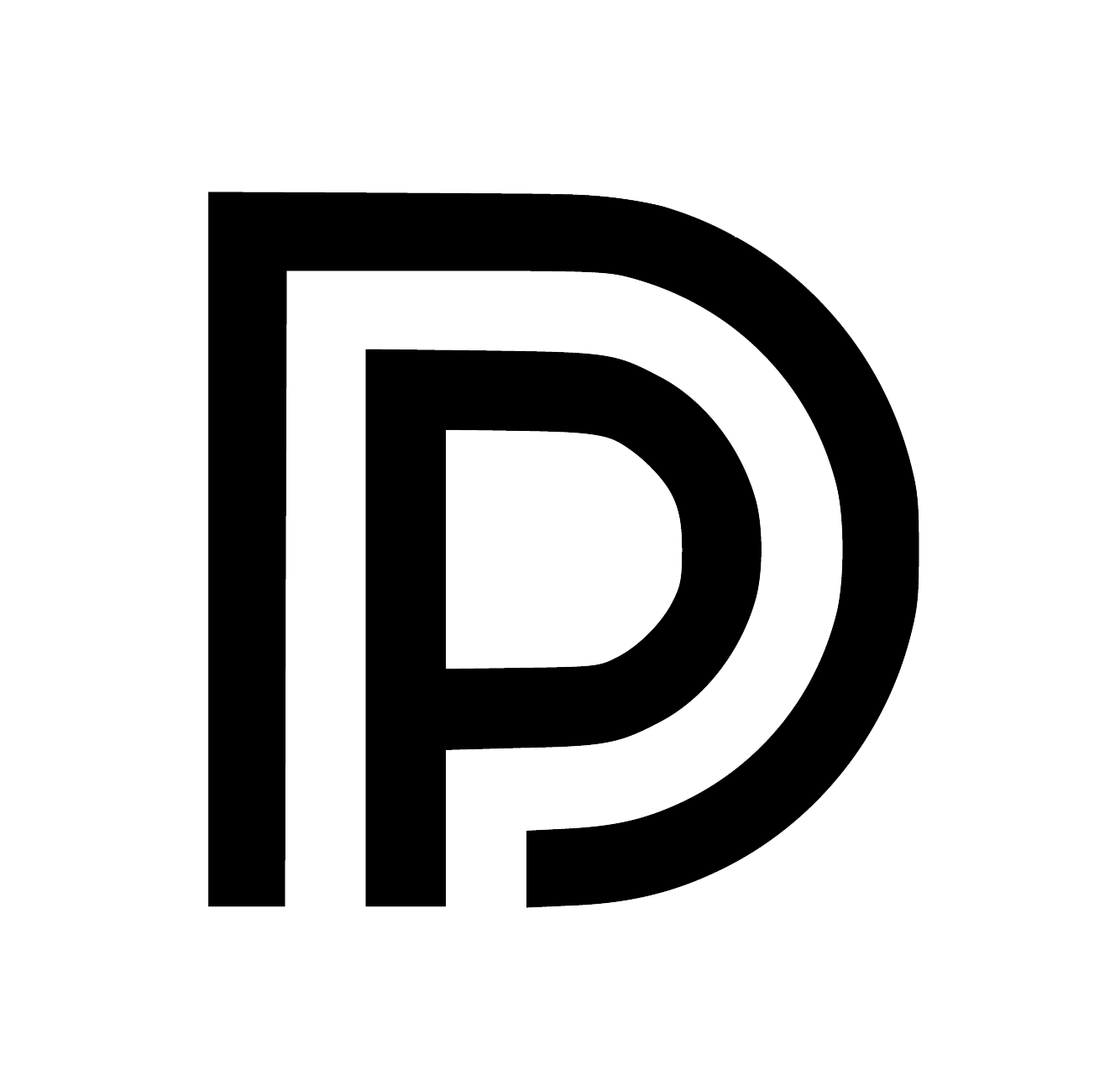
18 Jul Digital media production at school and not-school.
“…a combination of playfulness and seriousness represents the ideal mental attitude of the artist: teaching is an art, therefore the teacher is an artist and the ideal mental attitude of the teacher to his or work combines the playful and the serious.”
John Dewey
Democracy and Education; Simon and Brown: Hollywood, FL, USA, 2011; First published in 1916.
This post will draw together some of the ideas about creativity in the context of my work in education. It’s obviously a rather substantial subject and well beyond the limits of a single blog post, so rather than delving into my philosophy of education, I will use a couple of examples of children’s production (short films) to illustrate the kind of approaches to media practice I’ve been promoting. Essentially I share the belief of many, that meaning-making through media education should be a basic entitlement for all.
The films are selected from the film festival, Across Asia Youth Film Festival I founded in 2017 to celebrate the creativity and storytelling of young people in the region. In recent years, I’ve been fortunate to have been in positions where I have been able to infuse the school curriculum with different forms of media production. I could have used examples from classroom-based initiatives, however, it’s my belief that a measure of the success of a meaningful education can be translated through student agency which often occurs outside the realms of school. Opportunities for young people to freely express independence and creativity can be limited given the ideological or time constraints of school. Starting the festival was therefore not just an opportunity to share exciting student work, but also a means of valorising the power of filmmaking and student-initiated action in a very public way at a time when media education is often maligned.
Much of this interest and drive could well have roots in my own childhood where I grew up in an environment within which I was encouraged to appreciate creativity and making things. I was also lucky to have access to musical instruments, recording equipment and a VHS video camera my dad borrowed from work. These interests were not supported or recognised at school; if they had I may have had enjoyed more of a meaningful (and happier!) experience during formal education. Such tools have become increasingly democratised with the drive to embed technology throughout the curriculum reflecting its ubiquitous use in society. The affordances and inherent creative potential associated with mobile devices such as the iPad means that young people potentially have access to a range of media making opportunities – the mobile multimodal mixing desk! However, I am by no means adopting a technological determinist viewpoint. My interest is more accurately defined by the circumstances in which creativity can flourish (or fostered within school via pedagogy) rather than based on the tools themselves. With pressures on young people associated with platform capitalism and consumer culture, it’s crucial that schools respond by encouraging practices that promote criticality through independent expression.

My father enjoyed keeping up with music and recording technology, not to mention home computers.
So on to the films. They cover civic responsibility, global awareness, playful creativity and essentially all the things I’ve been describing which define agency and self-efficacy at numerous points in this blog. This is what is possible when children are thriving, collaborating, participating and freely expressing themselves.
The festival is structured to include the films of young people in four age groups. I’ve chosen a film or two from each.
10 -12 Age group Project Freedom by Nathan McKeogh. International School Ho Chi Minh City Vietnam
This film brought the house down. Tom Batchelor, AAYFF jury member and GM of Disney, admitted shedding a few tears when he prescreened it.
The 15 year old Patrick Hayes fully immerses himself in creative practice with clever use of Singapore locations and CGI in this emotionally stirring and sensitive film set to Carol Ann Duffy’s poem.
16 -18 Age group Ostinato By Miku Suga. Shrewsbury International School, Bangkok
I loved the simplicity of this idea and the innovative and playful nature of this film. The sound design and editing are great too.
16 -18 Age group TAYO by Myles Rublee, Sophia De Dios, Liah Gomez and Jigmey Penjor. International School Manila, Philippines.
There was a powerfully emotional response to TAYO at the screening. Many of the audience who employ helpers to look after they children and are often absent through business travel.
Age 19-21 The Hunt by Mai Nguyen and Miyako Makio. LASALLE College of the Arts, Singapore
The Hunt is a short animation about the presence of a food chain in every being’s survival and whether humans should stay part of that food chain in modern society.
[/vc_column_text][/vc_column][/vc_row]



